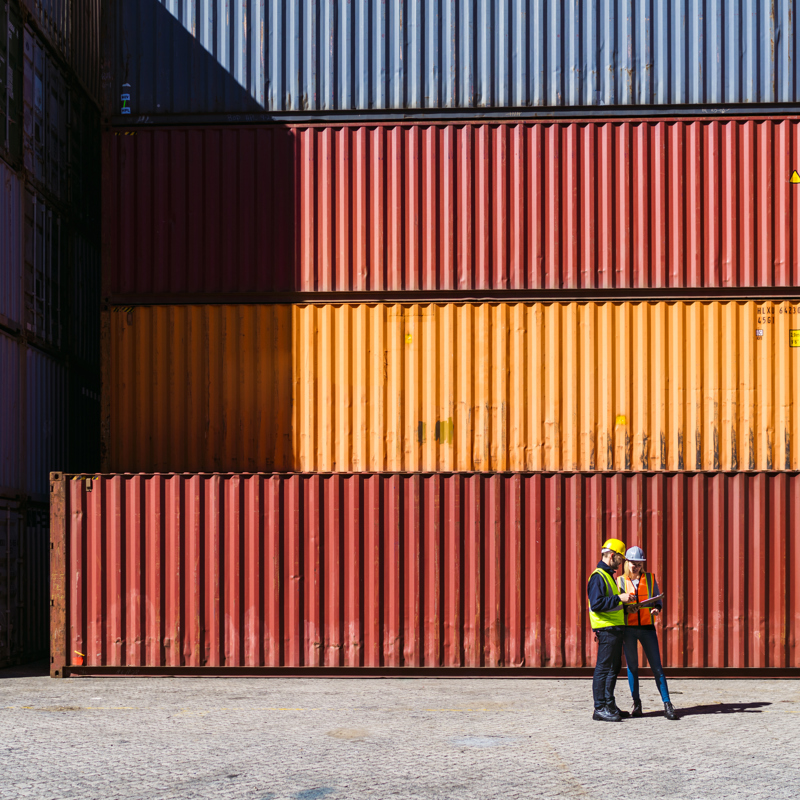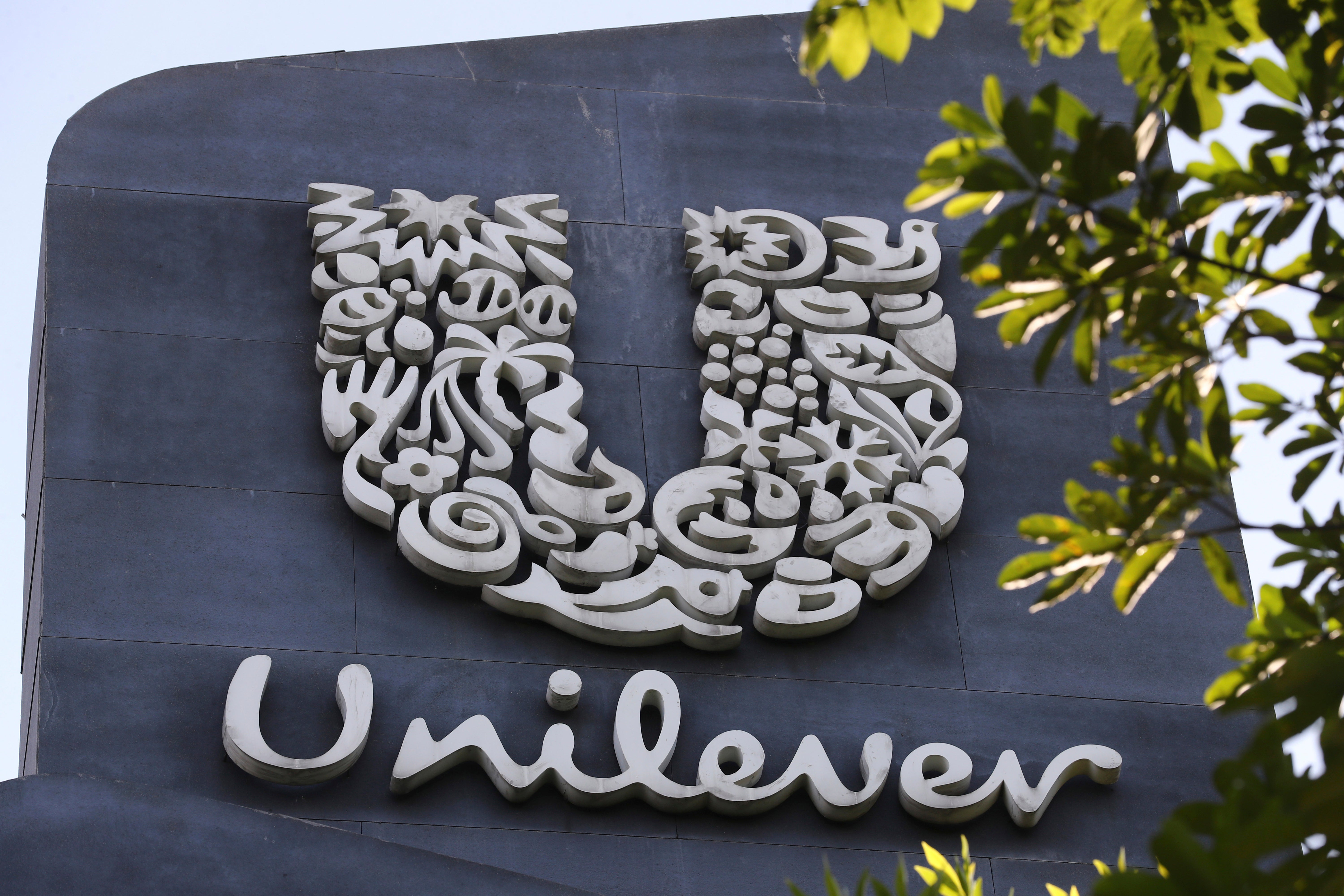
- Blog
How supply chains are re-defining resilience through smarter network design
A recap of the Roland Berger × Infios webinar on building...
While Unilever has made substantial progress in advancing a circular economy, the future of sustainability in consumer goods suggests even more ambitious shifts toward fully closed-loop supply chains.

Unilever, one of the world’s largest consumer goods companies, has long been a leader in sustainability.
Faced with growing environmental concerns and increasing consumer demand for eco-friendly products, Unilever adopted a circular economy strategy designed to minimize waste, maximize resource efficiency, and reduce its overall carbon footprint.
For businesses across the globe—whether large enterprises or small and medium-sized enterprises (SMBs)—Unilever’s approach offers a blueprint for building sustainable supply chains.
Unilever’s commitment to sustainability is not new. Their sustainable living plan, introduced in 2010, laid the foundation for the company’s ambitious circular economy goals.
The essence of a circular economy is simple: rather than following the traditional linear model of “take, make, dispose,” companies focus on keeping products and materials in use for as long as possible.
It involves everything from designing products for reuse or recycling, to reducing waste in production, to ensuring that end-of-life products are reintegrated into the supply chain.
Unilever’s circular economy approach spans several key areas:
Since the launch of its Sustainable Living Plan, Unilever has reduced its total waste footprint per consumer use by 32%. [1]
These initiatives have not only helped Unilever reduce its environmental impact, but they have also resonated with consumers, who are increasingly demanding more sustainable products.
While Unilever has made significant strides, the transition to a circular economy hasn’t been without its challenges.
The complexity of building a circular supply chain can be daunting, especially for large multinational corporations like Unilever.
However, these challenges are not unique to Unilever—they are faced by any company trying to adopt more sustainable practices.
Here are some of the key challenges Unilever has encountered, which are also relevant for businesses of all sizes:
These challenges are not impossible, but they do require significant investment in logistics, technology and partnerships.
For SMBs, the barriers to implementing a circular economy can seem even higher, given their limited resources. However, with the right tools and a phased approach, SMBs can overcome these challenges and build their own sustainable supply chains.
According to a recent article, McKinsey highlights the complexities of adopting circular value chains, emphasizing the need for strong reverse logistics networks and infrastructure to support circular models. [2]
Although Unilever’s scale allows them to invest heavily in sustainability, smaller businesses can still adopt circular economy practices by leveraging technology.
Infios offers a range of solutions that help businesses - regardless of size - build circular supply chains by optimizing their resource use and improving logistics.
Here’s how Infios’s solutions can support businesses in their journey toward a circular economy:
Watch the BES case study below:
“A survey conducted by Accenture found that 75% of SMBs identified technology as the key driver for implementing sustainable supply chains. [3]”
Unilever’s circular economy strategy offers several valuable lessons for other businesses, especially SMBs that may be looking to adopt more sustainable practices.
While Unilever’s scale and resources give them certain advantages, the core principles of their approach can be applied to businesses of any size.
Here are a few key takeaways from Unilever’s journey:
The consumer goods industry is experiencing a significant transformation, with Environmental, Social and Governance (ESG) standards emerging as a top priority for both businesses and consumers.
As the circular economy gains traction, businesses will need to adapt to meet new regulatory requirements, changing consumer preferences and the growing demand for sustainable products.
Emerging technologies, such as artificial intelligence (AI) and blockchain, will play an increasingly important role in circular supply chains.
These technologies can help businesses improve traceability, optimize resource use and ensure that products and materials are reused or recycled efficiently. For example, AI-powered systems can analyze supply chain data to identify areas where waste can be reduced, while blockchain technology can provide transparency and accountability in the recycling process.
Unilever’s journey toward a circular economy serves as a powerful example of what’s possible when businesses prioritize ESG standards.
Their success in reducing waste, improving resource efficiency and building a more sustainable supply chain offers valuable lessons for other businesses - whether large enterprises or SMBs.
By adopting circular economy practices, businesses can not only reduce their environmental impact but also improve their operational efficiency and strengthen their brand.
Resources:
[1] Unilever: Unilever Annual Report and Accounts 2021
[2] McKinsey: Improving circularity and sustainability with reverse logistics | McKinsey
[3]: Accenture: Future-Ready Supply Chain Operations | Accenture
Image copyrights:
Image 1: Unilever is cutting 7,500 jobs and spinning off its ice cream business | The Independent
